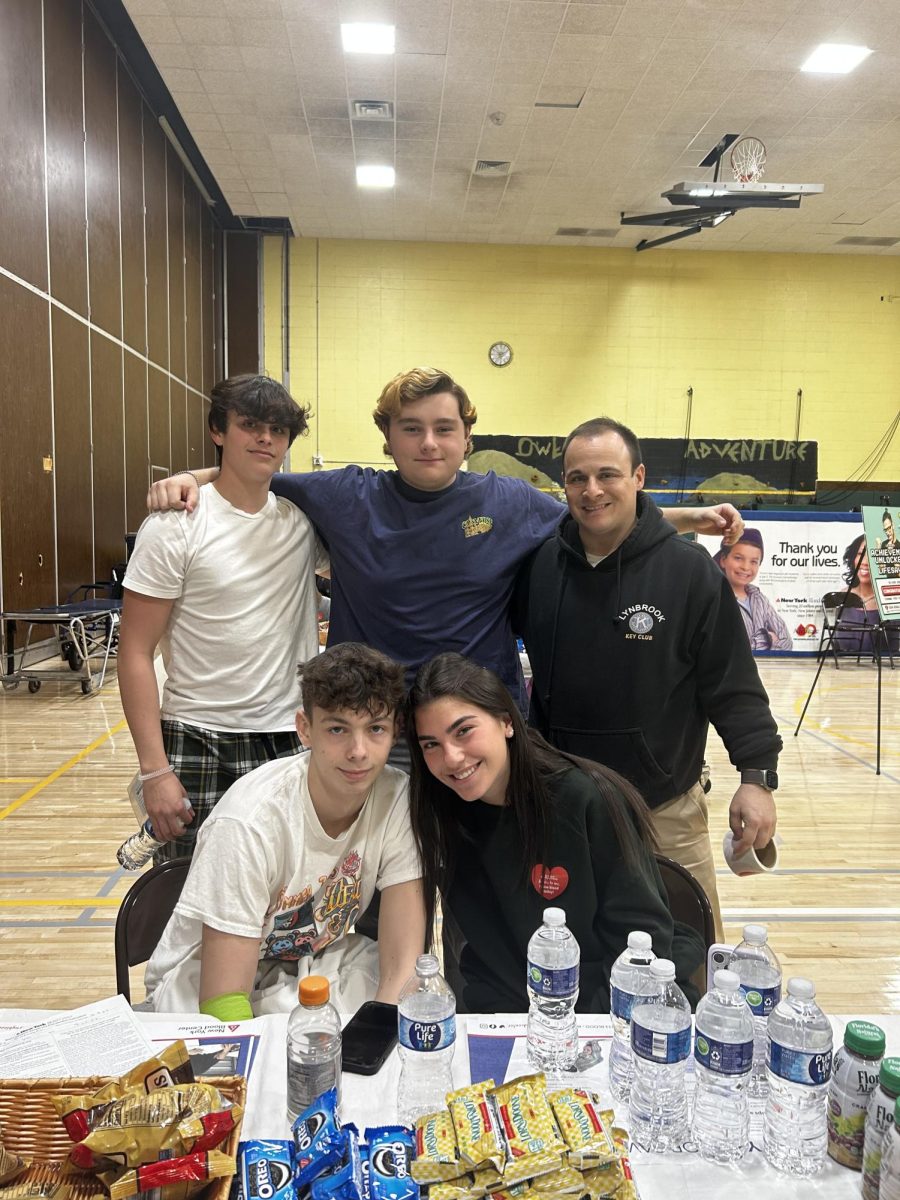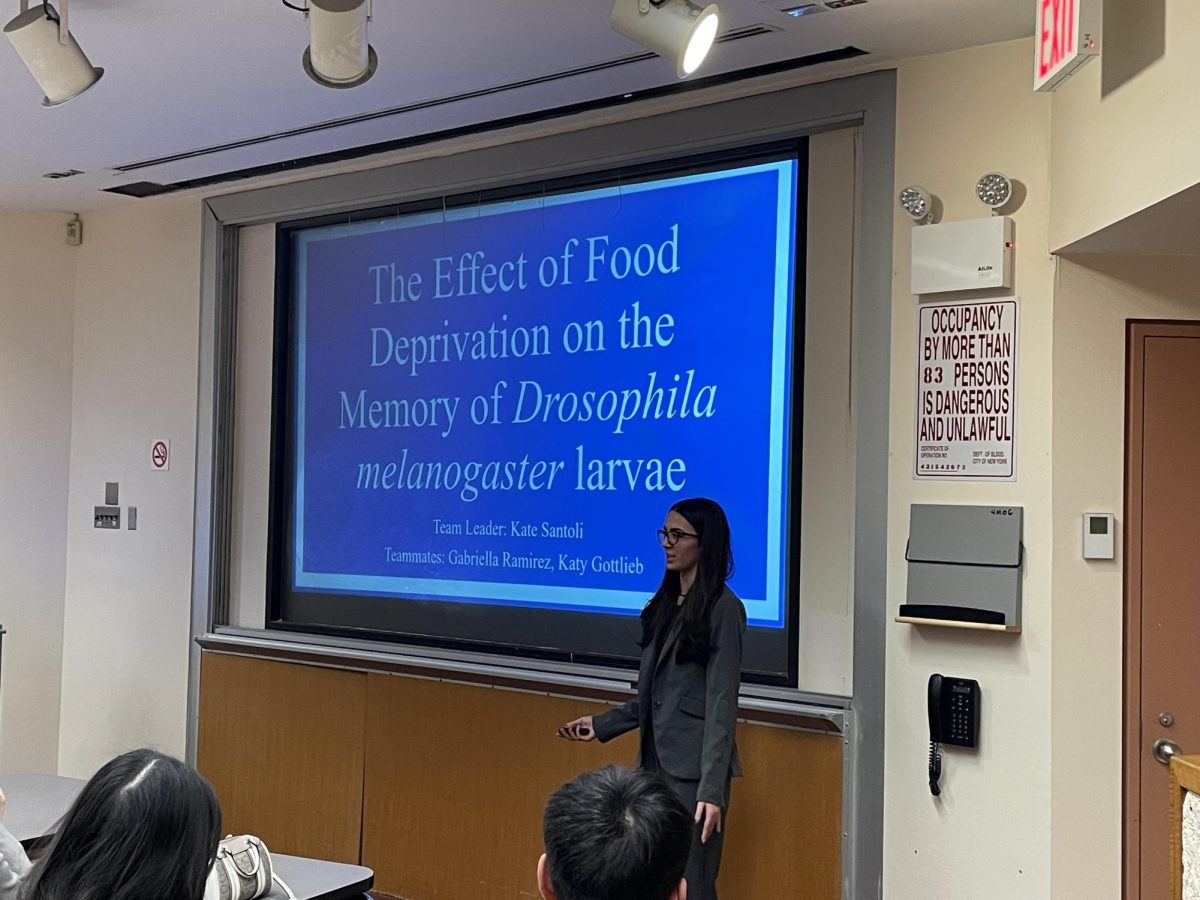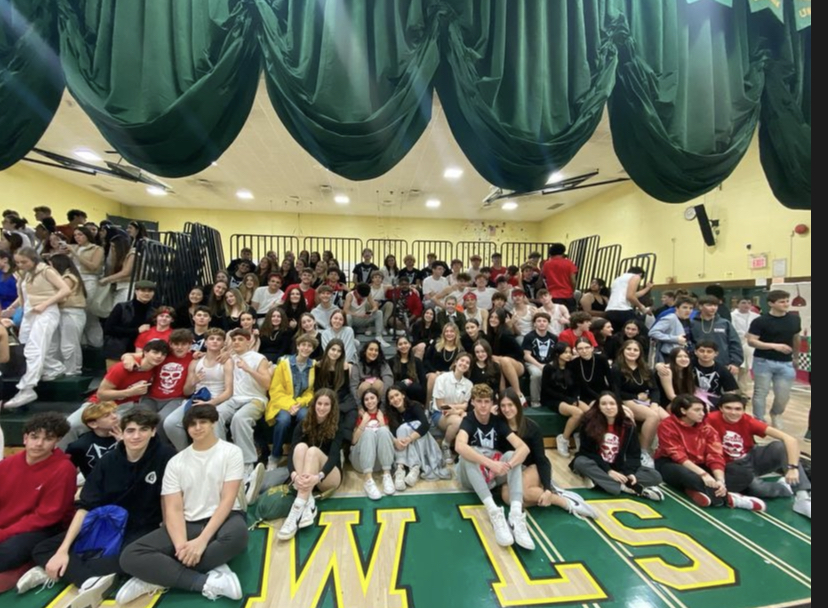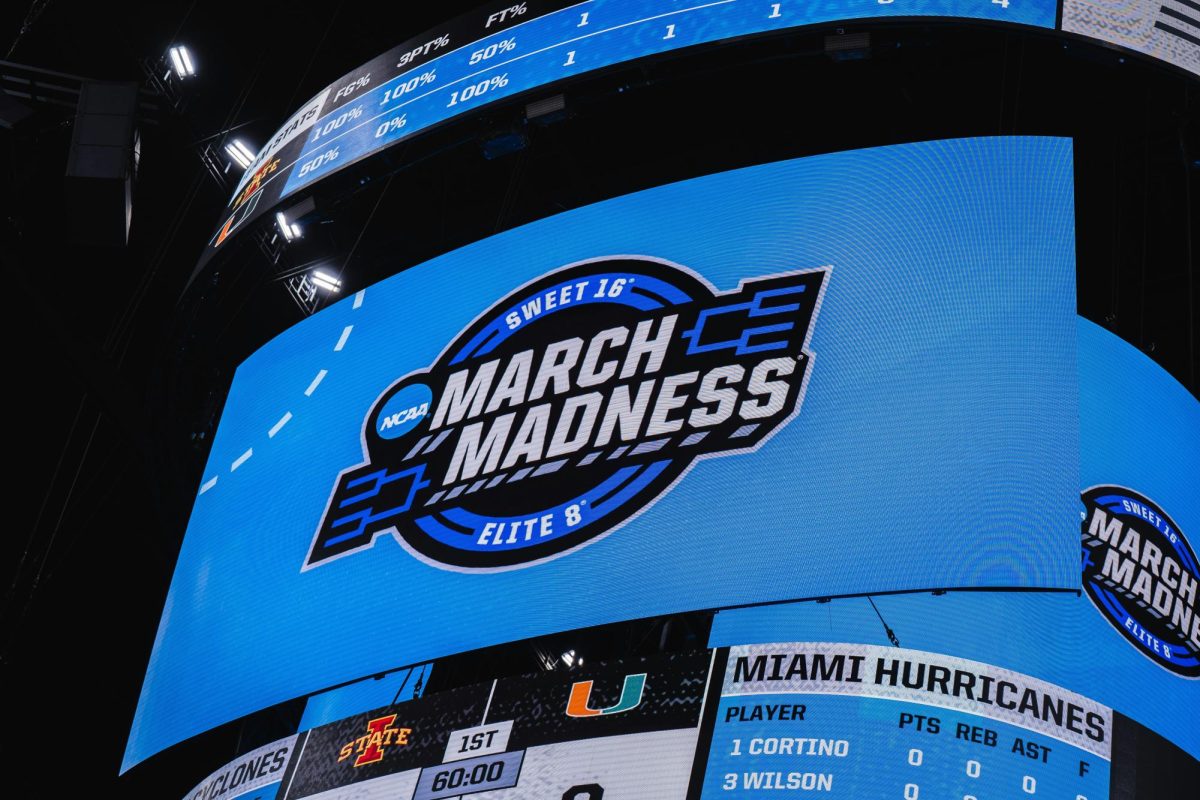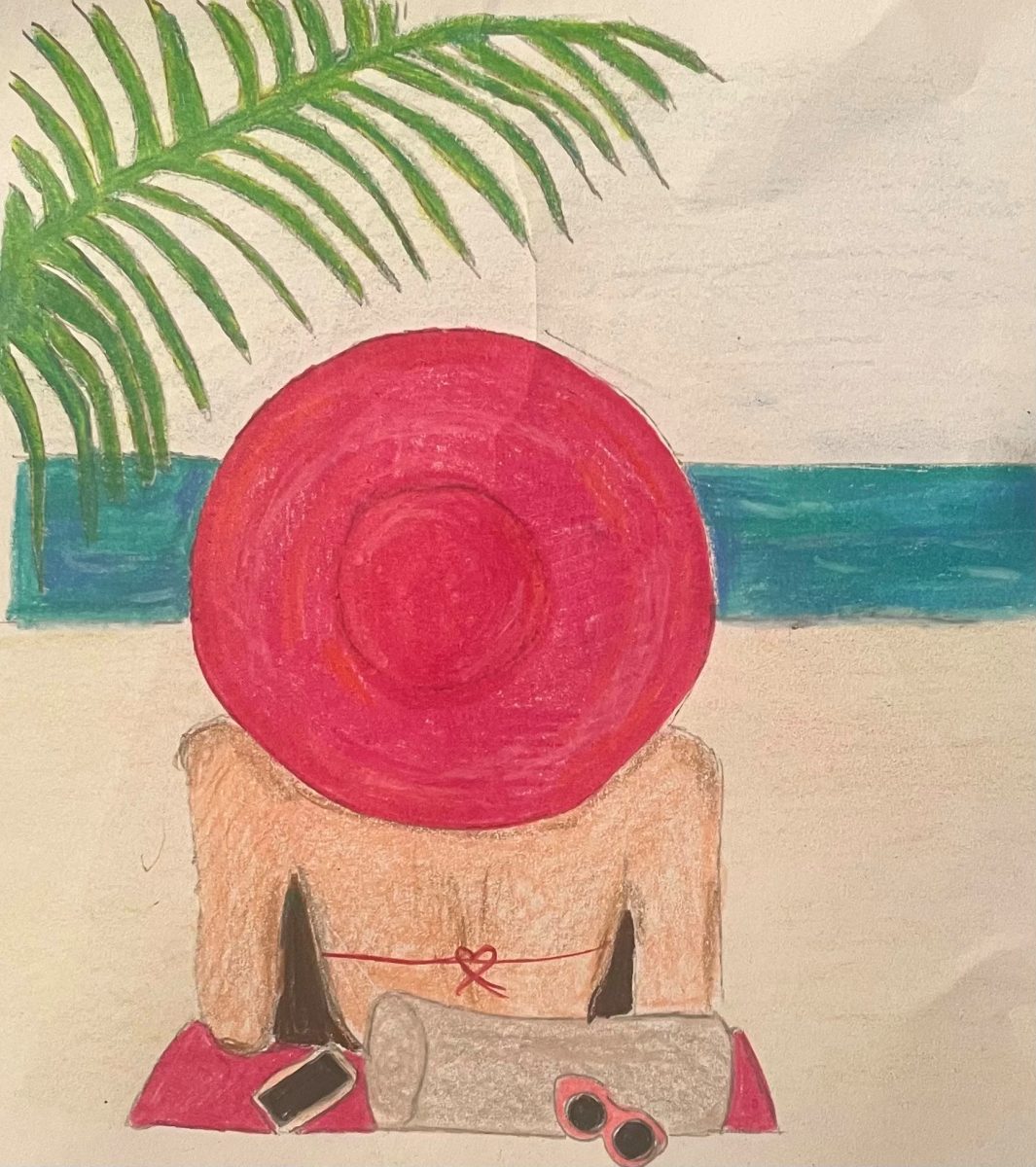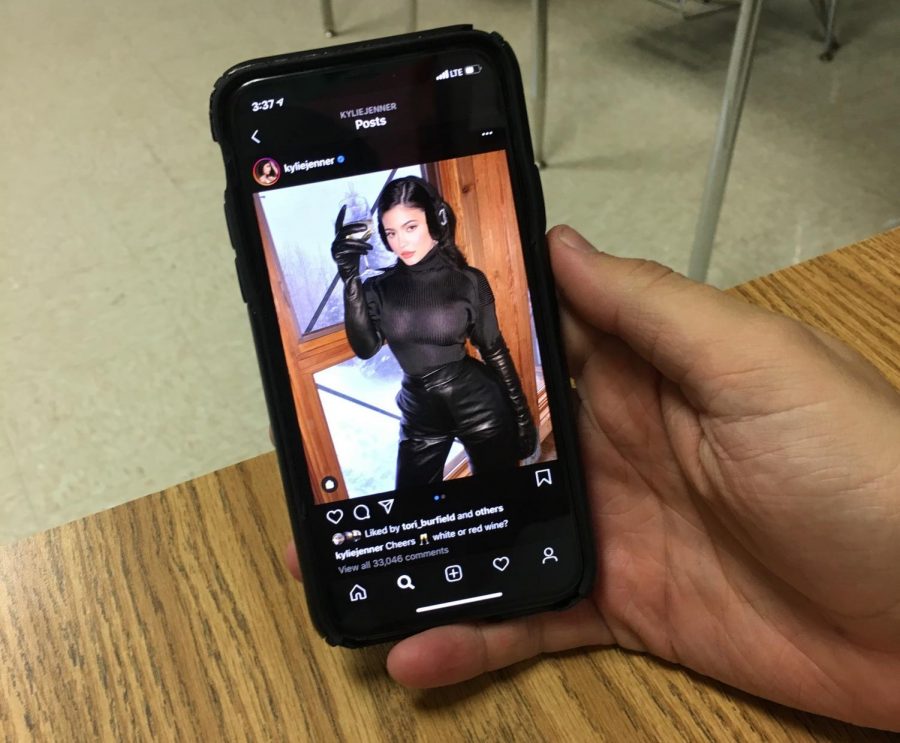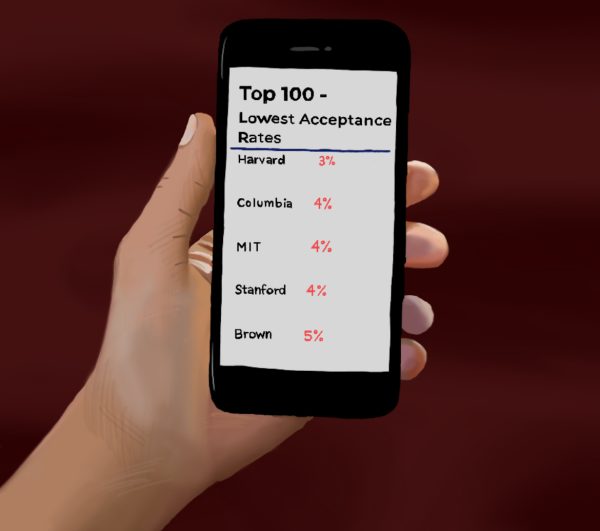Is Instagram Promoting Plastic Surgery?
Instagram is an app that consists of a users’ compilations of tiny squares or pictures that lay on their personal feeds and represent who they are. But do those feeds really represent them? These pictures can, unfortunately create unrealistic expectations for another individual’s life. Posts on social media can cause people to feel jealous of others and are detrimental to one’s self-esteem. People scroll through the app for minutes or maybe even hours trying to figure out how people’s appearances and lives can appear so picture-perfect. The pressures that one faces to live up to a certain image are stronger than ever. Little do people know, these posts only tell half of the story. People only capture the best moments or highlights in their lives. However, this misconception is overlooked most of the time; and people forget that practically no one is posting pictures of him/herself in the most “natural state.”
Seeing the posts of social media influencers, celebrities, or Instagram models raises a question for the people who follow: Why do I not look the same? People who view their posts wonder why they do not have the same chiseled features or sculpted bodies. Insecurities are formed, and when people look in the mirror, they feel unattractive or inferior compared to the pictures they see online. Since social media is such a staple to society, it is very easy to get caught up in all the hype and desire to be like one of these social media pros. Individuals may try to attain this image by resorting to plastic surgery. Senior Maria Russotti states, “Instagram photos are just a perfect snapshot of someone at a certain angle. This, combined with Photoshop, gives people an unrealistic concept of beauty.” People are often fooled with the access of tools such as Photoshop and other body-distorting editing apps. Once again, what our eyes perceive as real life is not actually the case in reality.
It can be said that celebrities or social media influencers that individuals may be praising might not even look the same in real life. Catfishing–luring someone in with a fictional online persona– has become a regular occurrence in today’s society. People feeling the need to hide and disguise themselves only further proves how far people have gone to attain this “perfect image.” Behind the screen, it is effortless to make oneself look like a completely different person with all the tools accessible. Apps such as “Facetune”can hide imperfections and make someone appear to be more perfect than they are. Senior Djellza Pulatani states, “People are pushed to go under the knife to get the perfect nose or ideal waist. Platforms like Instagram drives people crazy by trying to look like the accepted so-called influencers. Because social media causes a negative view of one’s perception of him/herself, it makes people use apps like Facetune, which is a subtle and temporary fix to their insecurities. Nevertheless, people cannot use Facetune in real life. So, people want permanent changes like plastic surgery because they feel social media will not accept them as they are.” Celebrities and influencers have access to such apps along with plastic surgery, and some of the world’s top fitness trainers as well as beauty stylists, but people do not care. They just want to fit the “norms” of society and are blindsided by how untruthful the picture that the media paints really are.
People are willing to seek doctors for help in reconstructing themselves in order to make their insecurities subside. The insecurities they possess stem from the constant viewing of certain admired people of the media such as celebrities and influencers. People are addicted to their phones, and Instagram, being one of the most commonly used apps, is unrecognized as a false reality. People believe what they see and never stop to consider how people’s lives are when they are off the screen. Instead of embracing their flaws, they are changing their appearance for society. Senior Jolie Gutstein states, “Social Media promotes standards to look perfect, and this generation believes they should look as models do. Because of these societal standards set by social media platforms, people are influenced to change their appearances to match models, causing an increase in the desire for plastic surgery.”
Instead of promoting these flawless beings that continuously pop up on feeds, Instagram should be marketing self-love. Embracing who one is and not wanting to change for others should be the new message and trend that Instagram sends forth. Plastic surgery is becoming increasingly common due to unrealistic expectations of beauty. Instagram is keeping people from letting their true selves blossom with individuality and remain untouched by the standards of society when it comes to his/her physical appearance.

